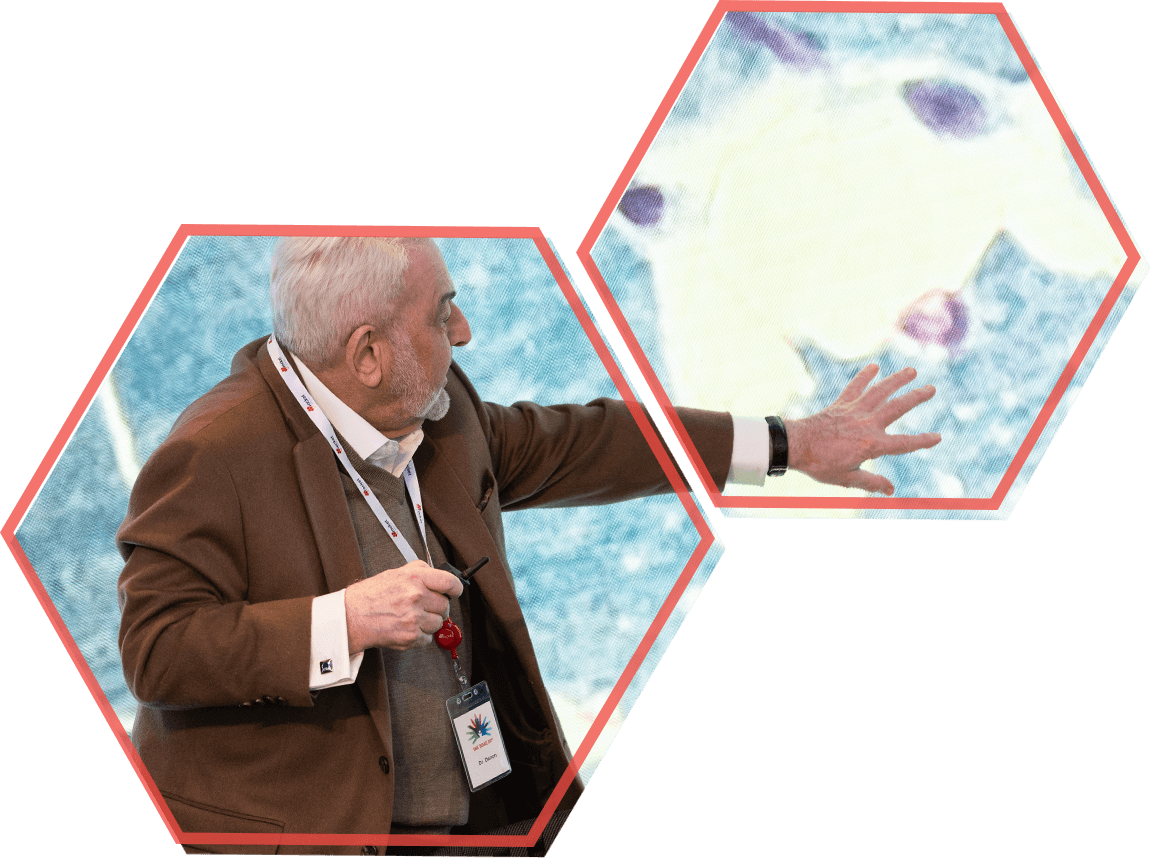Patients & Caregivers:
Danon Disease Resources

RP-A501 is being developed for Danon disease, a rare genetic disorder characterized by thickening and weakening of the heart muscle, often resulting in heart failure, and for male patients, frequent death during adolescence or early adulthood.
Rocket has completed enrollment in the Phase 2 pivotal study of RP-A501 for Danon disease. There are other opportunities to contribute to research around Danon disease:
Rocket is sponsoring a Natural History Study, learn how to participate.
Click to learn more about a research opportunity to patients with heart failure related to Danon disease or another heart condition and caregivers.
For additional resources, we encourage you to reach out to the groups below.
If your group would like to be included in our list of patient resources, please reach out to us at patients@nullrocketpharma.com.
